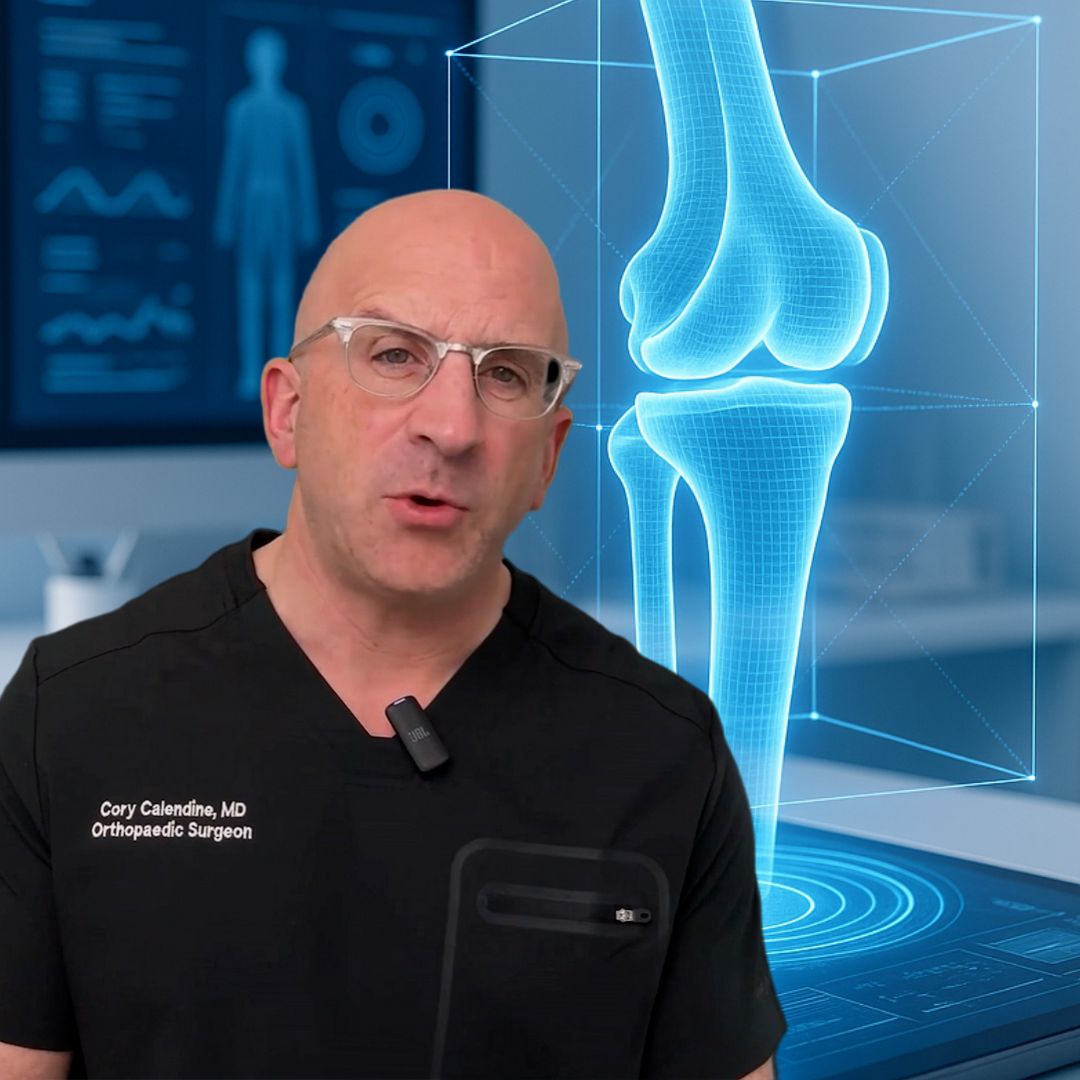Non-opioid Pain Treatment for Joint Surgery
The medical community has recognized the contribution of prescription opioids in the growing national opioid crisis. More research studies are evaluating the safety and efficacy of opioid alternatives and multimodal pain protocols. The goal is to find perioperative pain management strategies that are more effective and safer than the use of opioid medications.
New Pain Treatment Alternative Research
A new study by Henry Ford Health System published in Arthroscopy: The Journal of Arthroscopic and Related Surgery is an example of steps being taken to eliminate the use of opioids to relieve pain after joint surgery. This study found that a multimodal nonopioid pain treatment protocol provides equivalent pain control following meniscus surgery without increased side effects. Patients in this study reported satisfaction with their pain management without requiring emergency opioid pain medications.
“Orthopaedic surgeons can now perform meniscal knee surgery without the need for prescribing opioids whatsoever,” said Toufic Jildeh, M.D., chief resident at Henry Ford’s Department of Orthopaedic Surgery, “We believe this non-opioid approach can be replicated for other types of orthopedic surgeries.”
See Full Research Abstract: Multimodal Nonopioid Pain Protocol Provides Equivalent Pain Versus Opioid Control Following Meniscus Surgery: A Prospective Randomized Controlled Trial
Decreasing or eliminating the use of opioids for perioperative pain control is becoming a standard of care for orthopaedic surgical procedures. At the Bone and Joint Institute of Tennessee, our surgeons and care team work to individualize a multimodal pain treatment plan that is best for each patient. If fears about opioid medications is an obstacle for seeking joint pain treatment, please contact our office for more information on the latest nonopioid treatment options.





a.png)


